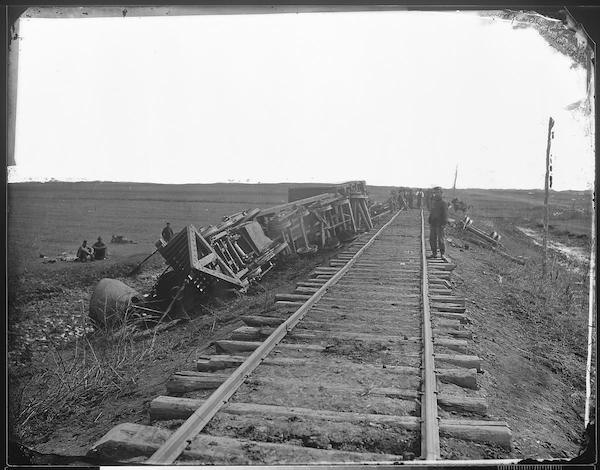19th-Century U.S. Literature

Nineteenth-Century US Studies is a thriving field in the department, with faculty who approach the subject in a number of complementary ways. Graduate students have the opportunity to work with Caroline Levander (Transnational American Studies, Race/Nation/Empire, and Hemispheric American Studies), José Aranda (Mexican American Literature After 1848, Chicano/a Literature, Modernity, Latin American Studies), and Scott Derrick (gender and sexuality studies, literary theory, poetry).
Students working in nineteenth-century US literary and cultural studies have written dissertations focused on religion, empire, and nation formation; American romance and the Anthropocene; democracy and demographics; US Holy Land narrative and the rise of the American novel; anti-Catholicism and democracy; and gender, race and romance, among other topics. Their dissertations have been subsequently published by top tier presses, such as Oxford University Press, and they have secured tenure track or post-doc positions at such institutions as University of Vermont, Illinois Wesleyan University, Bridgewater State University, Plymouth State University, Duke University, Indiana State University, and Loyola University of Chicago. In addition, their articles and dissertations have won awards including the Foerster Prize for Best Essay in American Literature (finalist), the AAUW dissertation fellowship, and Mellon Foundation research grants, among other awards.
Students working in 19th Century US Studies regularly give talks at the Modern Language Association; American Studies Association; American Literature Association; and C19, as well as other national and international conferences. They have published essays in journals such as Early American Literature, American Literature, Studies in American Fiction, ESQ: A Journal of the American Renaissance, J19: The Journal of Nineteenth-Century Americanists, American Studies in Scandinavia, Tulsa Studies in Women’s Literature, Gothic Studies, and Nineteenth-Century Contexts, among other venues.

